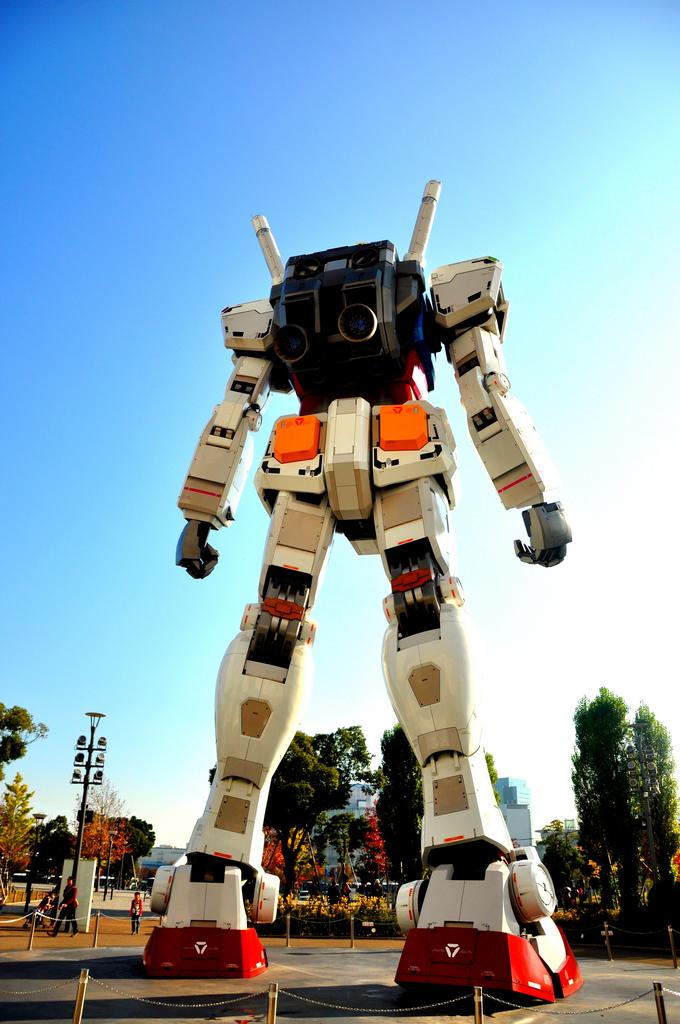
If recent events have revealed anything, it's that many Americans are anxious about their jobs - an anxiety based on well-documented facts. There is fierce competition for good positions. Very often, however, it comes not from globalization but from robots and AI.
To avoid becoming a casualty of progress, you need to adapt as swiftly as possible. You need to find ways of staying relevant in a workplace increasingly dominated by software. Although you will never enjoy a guaranteed job for life (those days are long gone), the following tips should keep you from becoming obsolete overnight:
1. Continuously upgrade your skills. The coveted job skills of today will not be those of tomorrow. Hence, you must consistently enhance your education (which doesn't necessarily mean a college education). You need to learn valuable skills, including communications and technology, to remain valuable and agile. Nobody can predict what the most sought-after jobs will be 10 years from now, but some of the knowledge and skills for these jobs can be identified in advance.
2. Embrace technology. Technology is always changing, and so must you. Dedicate yourself to becoming an early adopter. Read about new technologies and be ready to utilize these tools - from office software to database programs. The more knowledgeable you are about new and emerging tech, the better prepared you'll be to work with them instead of being displaced by them.
3. Display energy and enthusiasm. I can't emphasize this enough: when employers make hiring decisions, they always give preference to upbeat people who will bring energy to the company. They don't want dour drones without any passion for the job. High-energy people are always in demand, and will always have a leg up.
4. Be a creative person. Harnessing your creativity will be even more important in the future. More often than not, you'll be called on to use your mind, rather than your hands, to generate new products (in conjunction with AI and robotics). You'll need to creatively interpret data to help streamline and improve processes. People who display their creativity will have few problems finding new opportunities.
5. Communication skills. Regardless of how automated the workplace becomes, it will always be vital to communicate with colleagues and customers on a human level. Most technology will be used to assist employees, not replace them. And AI is a poor substitute (so far) for the personalized communication that so many customers expect.
6. Dress for Success. Don't assume that dressing sloppily is a good idea because some successful entrepreneurs wear sweatshirts and tennis shoes. On average, professionally dressed employees are better positioned to advance their careers than those who dress like middle age frat boys in a misguided effort to look cool.
7. Be very adaptable. Job responsibilities and descriptions may be much more fluid in the future. If you're the type who can only handle one responsibility, or focus on one task at a time, you may not go far. Those who do go far will do what it takes to help the company succeed, regardless of whether the tasks are listed in their job descriptions.
Companies will always need people to manage and use new technologies. In most cases, these tools will merely assist human beings rather than pushing them out the door.
This isn't to say that some people won't be displaced. But if you follow the advice above, it's less likely that you'll lose your job to a piece of software. Instead, you'll be working with that robot or AI software to achieve tasks that might have been impossible just a few years earlier.
http://ezinearticles.com/?Will-a-Robot-Steal-Your-Job?-Not-If-You-Learn-to-Stay-Relevant&id=9701523


No comments:
Post a Comment